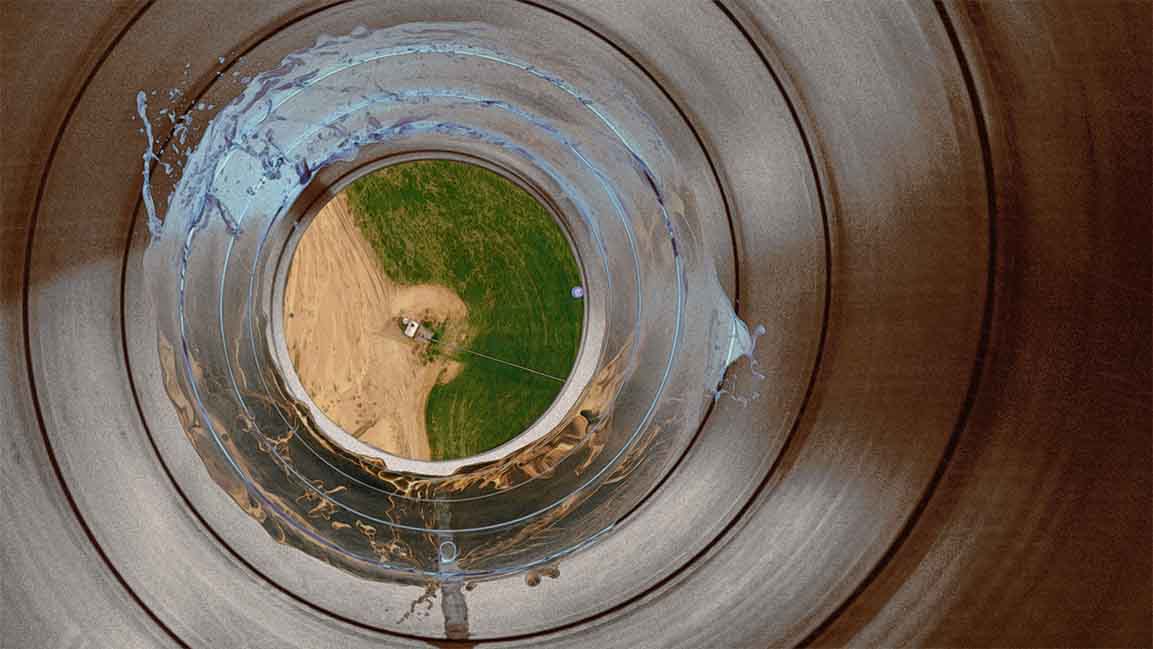- | 12:00 pm
Qatar to slash water use in agriculture by 40% by 2030
Qatar commits to 100% water TSE for fodder irrigation by 2030.

The agriculture industry is among the most highly exposed to water risks. Paradoxically, despite mounting perils to food and water security stemming from water depletion, pollution, and climate-induced droughts, the food and agri-business sector is a chief contributor to the problem, accounting for a substantial 70% of all freshwater withdrawals.
However, with environmental consciousness continuing to shape choices, water stewardship is becoming a critical goal for many countries in the Middle East.
Qatar’s harsh climate, with insufficient rainfall, desertification, and scorching summers, makes agriculture challenging.
The country’s only natural freshwater resources are rainfall and groundwater, but desalination is its main water source, which is expensive and energy-intensive. Conserving the quality and quantity of groundwater resources is a top priority of Qatar.
The country aims to reduce water consumption per tonne of crop produced by an average of 40% by 2030, as well as make strides in using treated wastewater for irrigation.
During a panel session at the third International Conference on Sustainable Energy-Water-Environment Nexus in Desert Climates, Dr. Delphine Acloque from the Ministry of Municipality said it is crucial to improve water management.
“We must promote water-efficient and water-saving farming practices. Qatar’s goal by 2030 is to achieve an average 40% reduction in water consumption per tonne of crop produced.”
Qatar also promotes using treated wastewater, or treated sewage effluent (TSE), for animal feed, especially fodder. By 2030, the country aims to use 100% of TSE for fodder irrigation.
Infrastructure and finance are critical components for maximizing wastewater usage, said Dr. Acloque, adding that the ministry is collaborating with the Qatar National Research Fund to finance projects dedicated to food security, such as developing innovative solutions to cope with water scarcity and high humidity levels.
With food demand in GCC predicted to reach 52.4 million metric tonnes by 2025 and declining per capita water availability, countries in the region must invest in agritech to ensure long-term food security.































